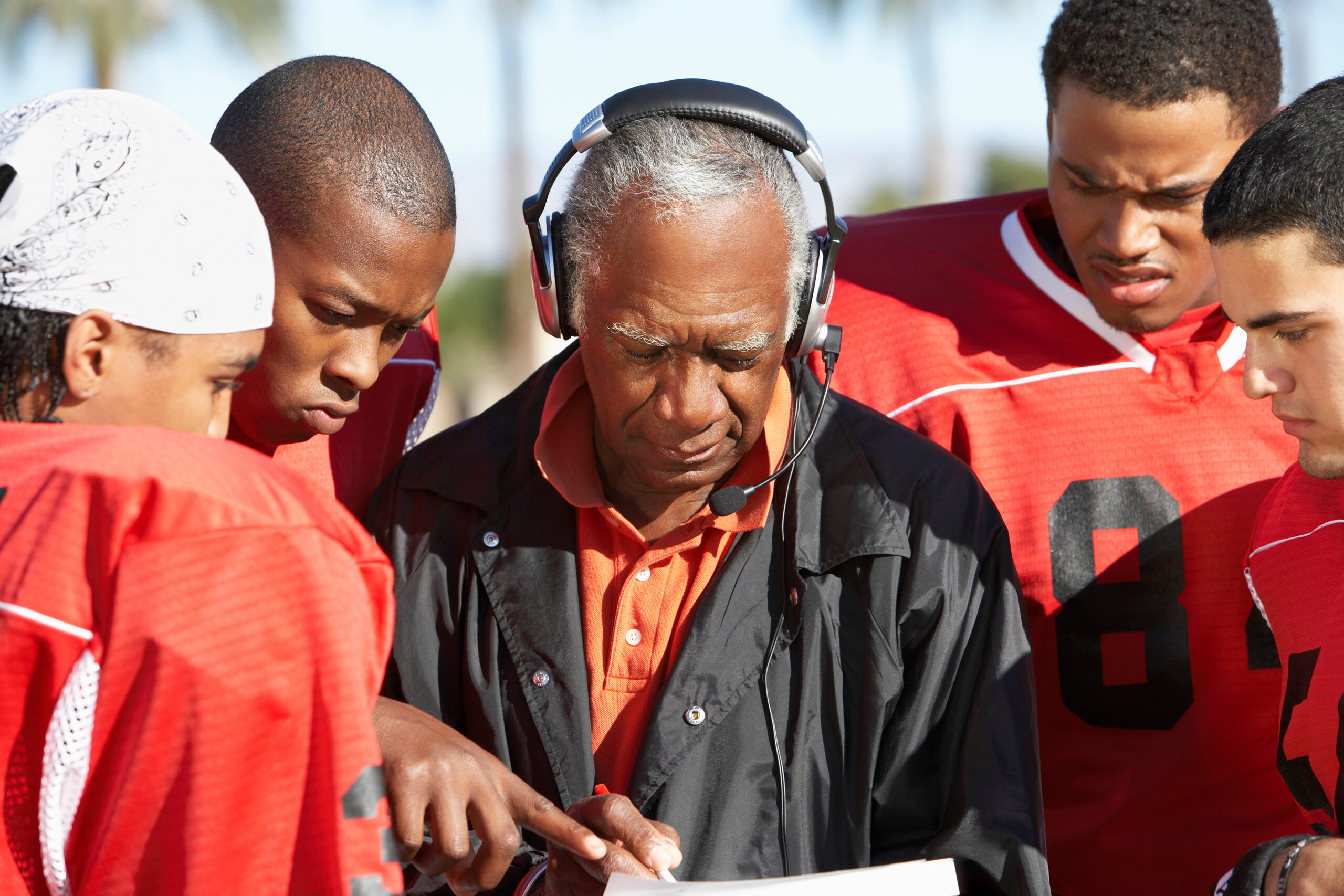Coaching football is about more than just teaching plays or running drills. It is about helping young athletes grow into strong, capable individuals both on and off the field. One of the most important skills a coach can develop is the ability to balance discipline with encouragement. Too much discipline without support can crush a player’s confidence. Too much encouragement without structure can lead to a lack of accountability. Finding the right balance is what separates good coaches from great ones.
The Role of Discipline
Discipline is the foundation of any successful team. It teaches players responsibility, accountability, and the value of hard work. Discipline ensures that everyone shows up on time, puts in the effort during practice, and follows the rules both on and off the field. Without discipline, even the most talented team cannot achieve consistent results.
I always tell my players that discipline is not about punishment. It is about building habits that lead to success. From proper technique in the weight room to mental preparation for games, discipline creates consistency. Players who learn to follow routines and hold themselves accountable gain confidence in their own abilities.
Encouragement Builds Confidence
While discipline sets the framework, encouragement gives players the motivation to succeed within that structure. Encouragement helps players push through challenges, overcome mistakes, and believe in themselves. A coach who only criticizes mistakes without offering support risks creating fear and hesitation, which can stifle growth.
Encouragement does not mean ignoring errors or lowering standards. It means acknowledging effort, celebrating improvement, and showing players that setbacks are part of the learning process. I have seen players who struggled early in a season transform into leaders simply because they felt supported and believed in. Encouragement fuels resilience and helps athletes reach their full potential.
Balancing the Two
Finding the right balance between discipline and encouragement is not easy. It requires understanding each player’s personality, strengths, and weaknesses. Some athletes respond well to strict guidance and firm expectations. Others thrive when they receive more positive reinforcement and reassurance. Effective coaches adjust their approach to meet the needs of each individual.
In my experience, the most successful teams are those where discipline and encouragement work together. Discipline provides structure, while encouragement provides the energy and confidence to thrive within that structure. Players understand what is expected of them and feel empowered to meet those expectations.
Clear Communication
One of the keys to balancing discipline and encouragement is communication. Players must understand why rules exist, why certain standards are important, and why mistakes are addressed. When players know that discipline comes from a place of care, they are more likely to accept it and learn from it.
Encouragement also requires clear communication. Coaches must be specific when praising effort or improvement. Generic praise, while well-intentioned, can feel hollow. Instead, acknowledging specific actions, such as a quarterback’s quick decision-making or a lineman’s improved blocking technique, reinforces the behavior coaches want to see.
Leading by Example
Coaches cannot ask players to balance discipline and encouragement if they do not model it themselves. Players watch everything a coach does. They notice how mistakes are handled, how effort is recognized, and how conflicts are resolved. A coach who demonstrates self-discipline and a positive attitude sets the tone for the entire team.
When I coach, I try to show that I am committed to the same standards I expect from my players. I prepare thoroughly for practices, treat every player fairly, and maintain composure under pressure. Leading by example reinforces lessons about discipline and shows that encouragement is meaningful when it comes from someone who respects the process.
Discipline Through Respect
Discipline is most effective when it is built on respect rather than fear. Players are more likely to respond to correction when they trust that the coach’s intentions are genuine. Respect comes from honesty, fairness, and consistency. A player who knows that a coach will hold everyone to the same standard and will treat them fairly is more receptive to guidance.
I have always emphasized to my teams that discipline is not personal. It is about building a team where everyone works toward the same goals. Players respect discipline when they understand it is in their best interest and the best interest of the team.
Encouragement Through Connection
Encouragement works best when it is rooted in genuine connection. Players respond to coaches who take the time to know them as people, not just athletes. Asking about school, family, and personal goals shows that you care about their growth beyond football. When players feel valued, encouragement carries more weight and inspires greater effort.
Strong relationships allow coaches to offer tough feedback without damaging confidence. Players are more likely to accept constructive criticism from someone they trust and respect. Encouragement and discipline are most effective when they reinforce each other.
Final Thoughts
Balancing discipline and encouragement is both an art and a science. Discipline provides the structure and accountability needed for growth. Encouragement provides the motivation and confidence needed to thrive within that structure. Coaches who can blend the two create teams that are disciplined, resilient, and inspired.
Over the years, I have seen countless players rise to their potential when they are held accountable while feeling supported. They learn that hard work matters, mistakes are opportunities, and effort is always recognized. This balance not only builds better athletes but also helps young men and women develop into strong, responsible adults.
The lessons learned through this balance extend far beyond football. Discipline and encouragement together shape character, foster leadership, and teach young people how to succeed in life. For me, that is the true reward of coaching.
